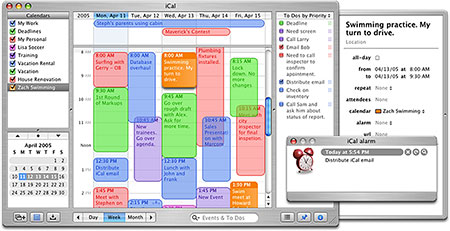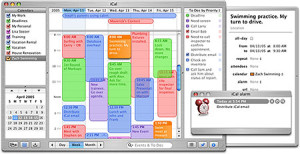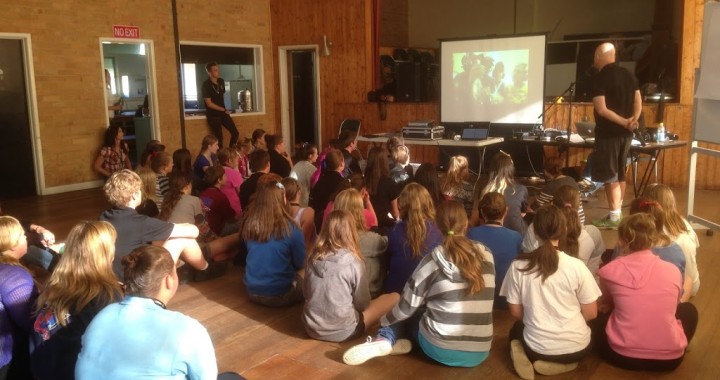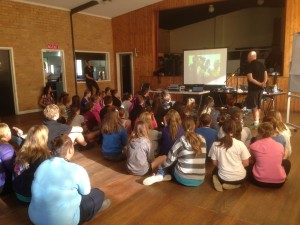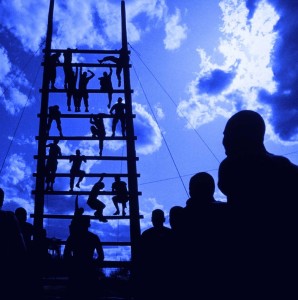Category Archives: Career
A small group of thoughtful, concerned youth workers changing the world.
Never doubt that a small group of thoughtful, concerned citizens can change world. Indeed it is the only thing that ever has. —Margaret Mead
Calendar management for the youth work professional.
Family first
Schedule time for email
Strategic objectives (first thing in the morning)
Network building lunch
Get rid of free time.
Leave us a comment below or post a comment on facebook and twitter.
If you haven’t yet, sign up for our newsletter to find out all the goings on at Ultimate Youth Worker.
Bring a pen and paper!!!
A short one today! Over the last couple of weeks I have been working with a number of student youth workers helping them with their field placements. One of the most frustrating things tat I have seen in these new recruits to the sector is something which has become more prevalent over the last decade. They don’t take notes!!!
It is really hard to take notes when you don’t have a pen and something to write on. Some say they can do it on their phone or Ipad, but the reality is that there is no substitute for pen and paper.
When I was a new member of the working class a mentor of mine said to me that I should take pen and paper into every meeting I ever have. Write everything down he told me. Your memory is not as good as you think it is he said. He was right!
The one piece of advice I give my students and many of those that we supervise is take a pen and paper every where. Write everything down. You never know what you will need to remember!
Why do youth worker’s struggle to work together???
- Youth work has become a competitive industry and this permeates through to staff.
- Vicarious trauma which is not dealt with properly has to come out eventually, usually in burnout.
- When people work in close proximity in tough situations it can lead to some personality clashes.
- Managers provide minimal accountability and do not squash issues within the team quickly enough.
- Some people are just not cut out for youth work!!!
Youth work in the education system: where theory and practice collide.
If you haven’t yet, sign up for our newsletter to find out all the goings on at Ultimate Youth Worker. (Sign up here)
You can also leave us a comment below or post a comment on facebook and twitter.
Youth work in the education system
What do you think? Leave us a comment below or post a comment on facebook and twitter.
If you haven’t yet, sign up for our newsletter to find out all the goings on at Ultimate Youth Worker. (Sign up here)
You can sign up to have our blog posts sent straight to your email by adding your email to the subscribe button on your right, or click here.
Get out of youth work: how to know when its time to move on.
-
If you stop seeing your clients as human its time to go. Wether it is a particular case or the orginisation or the entire career path will be determined by how jaded you have become. You will only do damage to your clients and in turn to yourself. It is a self fullfilling prophecy and it only ends bad.
-
If your orginisation will not support or is unable to support you, jump ship. Better to take your chances finding another job than being fried. Your health and wellbeing is more important than making quota or your CEO feel better. Needless to say, an orginisation that does not support its staff is not really supporting its young clients either.
-
Having significant people outside of your career is crucial to providing clear insight into you and your level of strain. I mentioned my wife, who was an amazing support during this time, however I had friends, family and mentors who also provided much needed respite and assurance.
-
It can only end bad if you keep gutting it out. The more you invest the more likely you will fall. If you are not getting good supervision and support gutting it out is like playing russian roulette. The question is not if you will get shot , but when.





